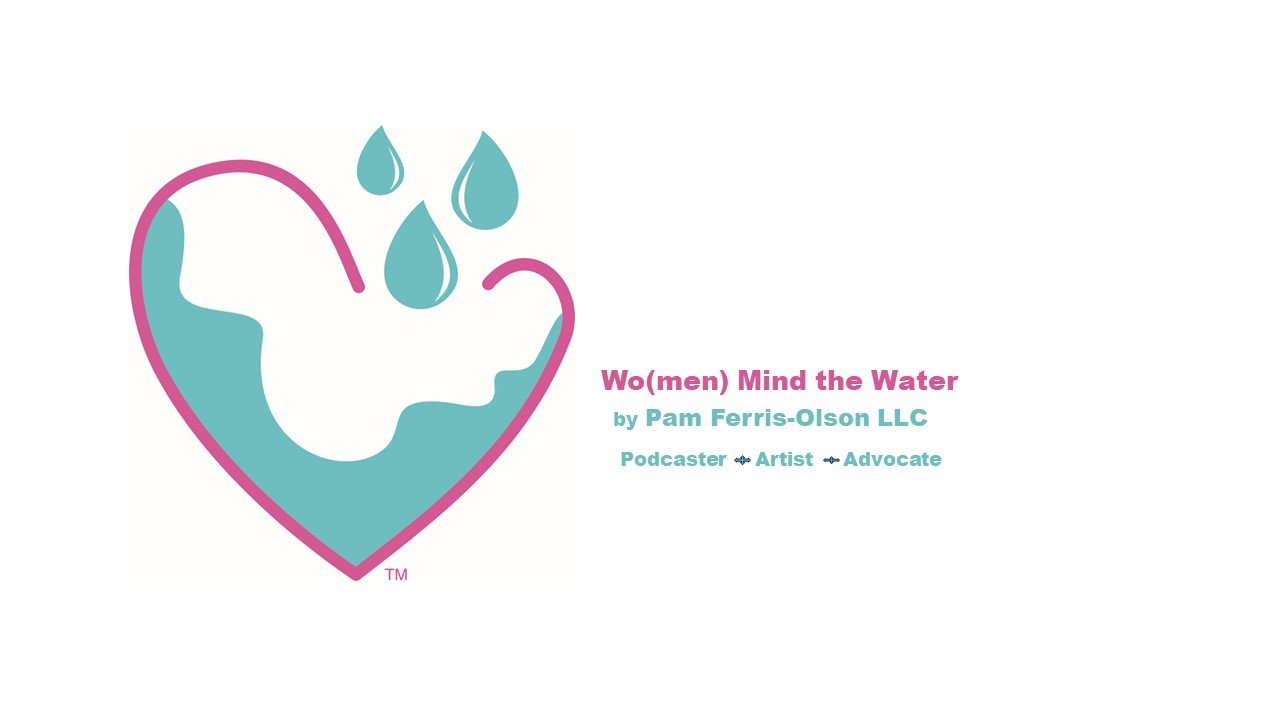Beach Cleanup Day: September 18
THIS BEACH IS TRASH
Plum Island, Massachusetts. September 11, 2021.
Beaches, sunbathers, and TRASH! I took a short walk along a stretch of beach on Plum Island in northeastern Massachusetts. I hadn’t come prepared to pick up trash but the beach was littered with SO MUCH I couldn’t help myself. In about 400 yards, I collected TWO bags of garbage. I left behind much more. There were plastic bottles, beer bottles, a toy car, straws, a syringe, even a plastic bag filled with garbage. It was GROSS. As bad as these facts are it was amazing that the people on the beach didn’t seem not to care that they were lounging on a dump!
My beach litter clean up was a small gesture, just my husband and I on an afternoon stroll. You can join a larger effort to make a difference. On September 18, millions of volunteers from more than 90 countries will participate in International Coastal CleanUp Day, an annual beach cleanup day organized to rid beaches of garbage and raise awareness about the problem of marine litter. The cleanup is great way to show your concern and help protect the environment. It’s a good way to spend time with your family, friends, or maybe new acquaintances and also contribute data to a data base about what is washing up on our shores. Data from groups and individuals who participate in the Coastal CleanUp Day contribute to pollution research and can helpe influence legislation.
Beach CleanUp, An Annual Event
International Coastal CleanUp Day is observed annually on the third Saturday in September. This year it takes place on September 18. Many environmental and ocean conservation groups concerned about the amounts of trash along our coastlines have become involved. Their concern led to International Coastal Cleanup Day. It is a global movement with more than six million volunteers across 90 countries doing their part to clean up the coastline and protect the ocean from trash.
One source credits International Coastal Cleanup Day to two women in 1986. That first cleanup consisted of several thousand volunteers. One particular organization that takes special efforts on the day is Surfrider Foundation. Annually their members participate in activities that clean up the beach and take an inventory of items collected. The most common types of garbage found on the beaches are made of plastic such as straws, bottle caps, food containers, and beverage bottles. Plastics are particularly harmful to the environment. When exposed to sunlight, plastic breaks down into smaller and smaller pieces. These tiny bits find their way into every aspect of our world. What’s on the beach doesn’t stay on the beach. Birds eat them, thinking they are tiny bits of food. The bits of plastic get in our hair, between our toes, and even get inhaled. According to some estimates, 5.25 trillion pieces of plastic debris ends up in the ocean. Some of this was dumped directly into the sea and some comes from the junk on the beach, like the stuff I collected in Massachusetts. By ridding beaches of plastic and other garbage, there is less chance that it will end up in the ocean.
Beach cleanups are a great way practical to protect beloved places. Here are some pointers to help guide your beach cleanup .
Tips for Cleaning Up
*Check if there are any restrictions on access to the beach you want to clean.
*Go prepared. Take strong bags for the trash and have a plan where to take the trash.
*Be safe. Take precautions in handling trash as it can be sharp and carry germs. Wear gloves, bring a first aid kit and hand sanitizer.
*Download Clean Swell® app. Using Clean Swell® contributes data that can be used for research and regulations.
*Check out a marine debris educational guide
* Learn more. Explore the latest from our Trash Free Seas® program.
*Say “NO” to single use plastics at the grocery store, in restaurants, everywhere.
*Stay connected with #CoastalCleanupDay and #InternationalCoastalCleanupDay on social media.




